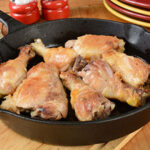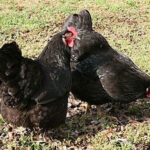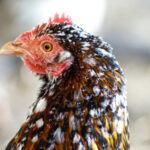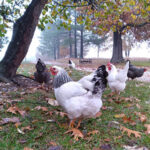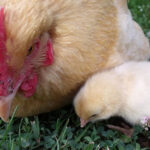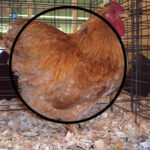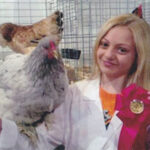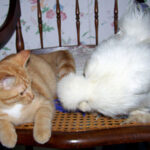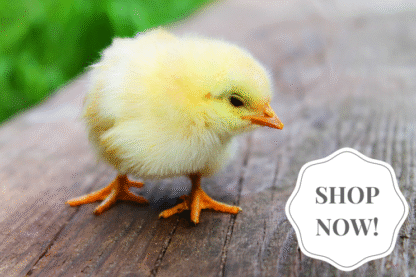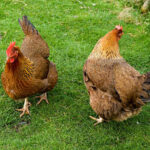
Welsummer chickens come to us from the village of Welsum in eastern Holland. First arriving in the United States in 1928, this breed is beloved for its handsome appearance and its prolific egg laying. Physical Attributes Welsummer chickens are mid-size, upright birds with a broad back, full breast, large full tail and a single comb. […]
Continue Reading
